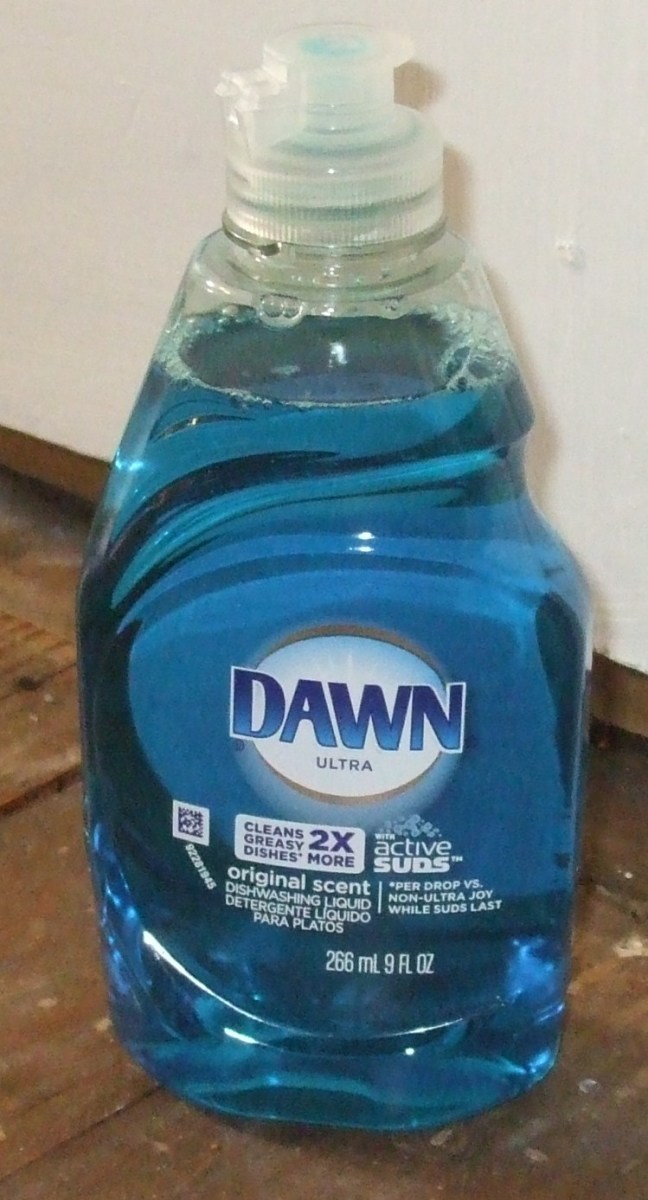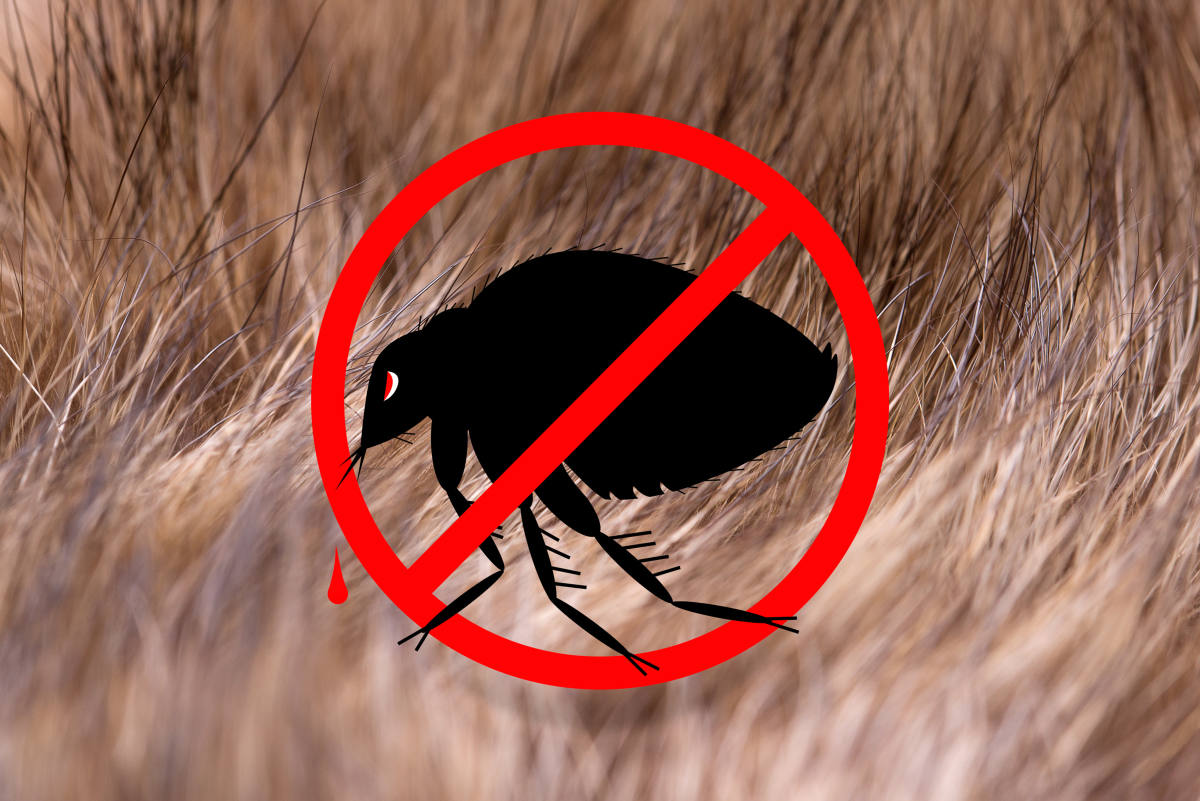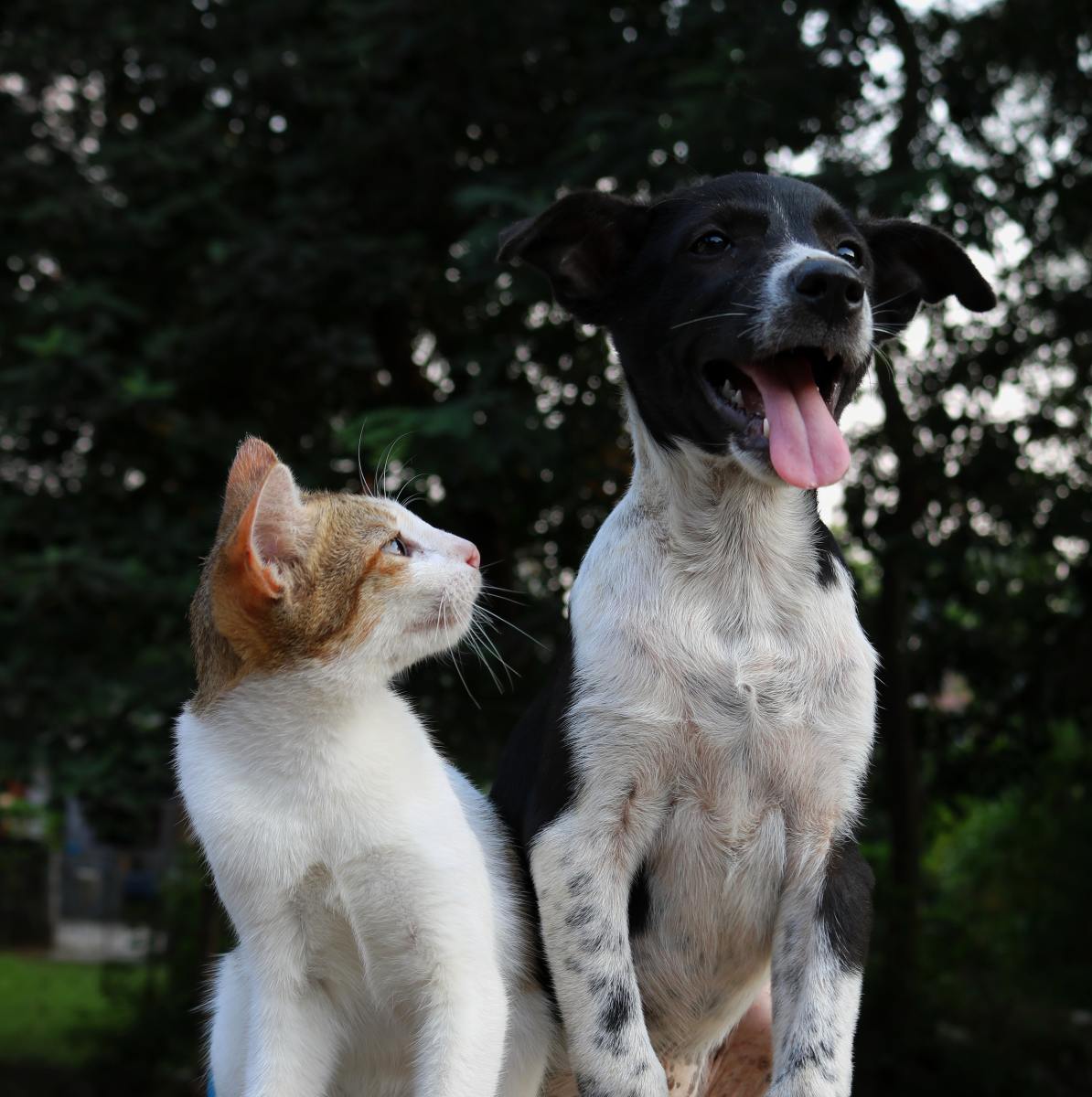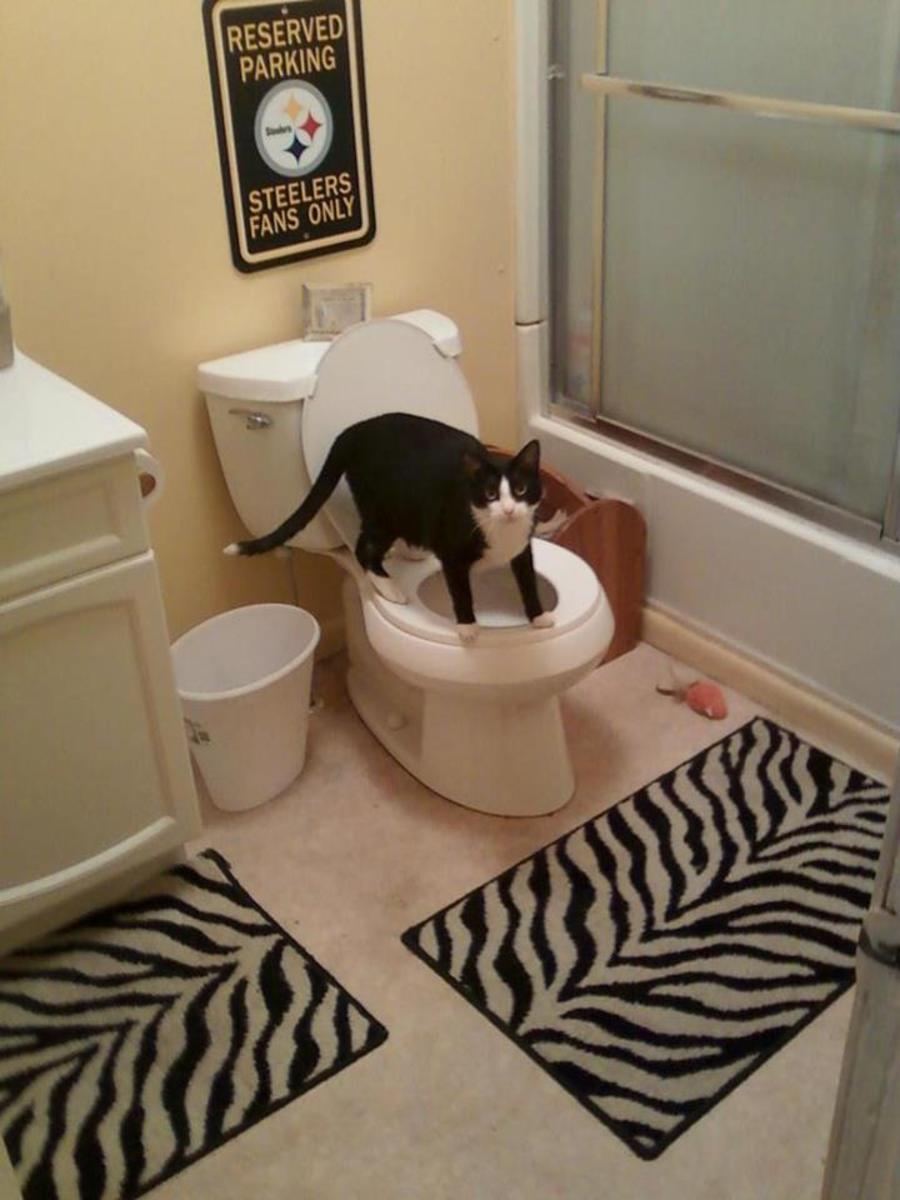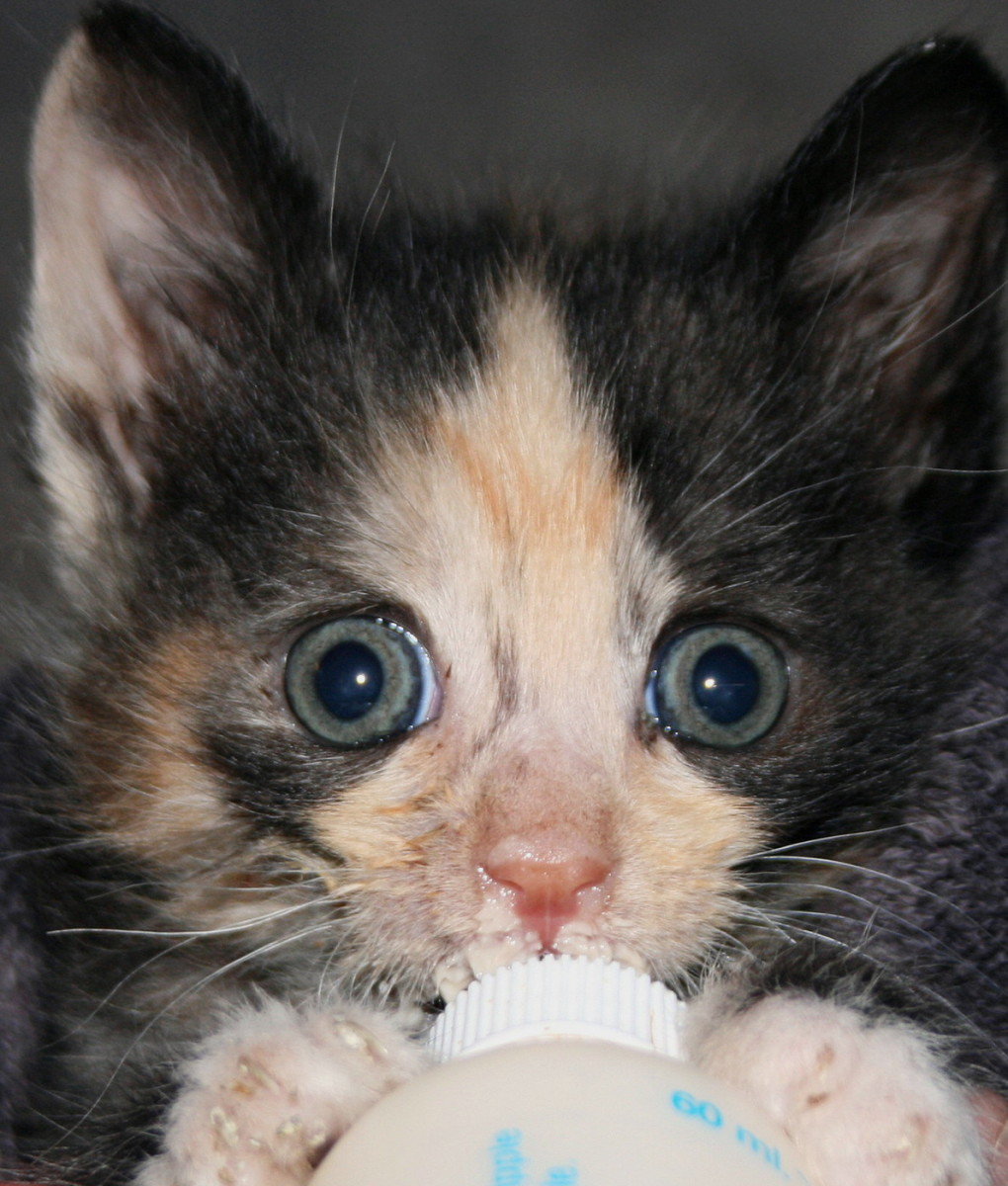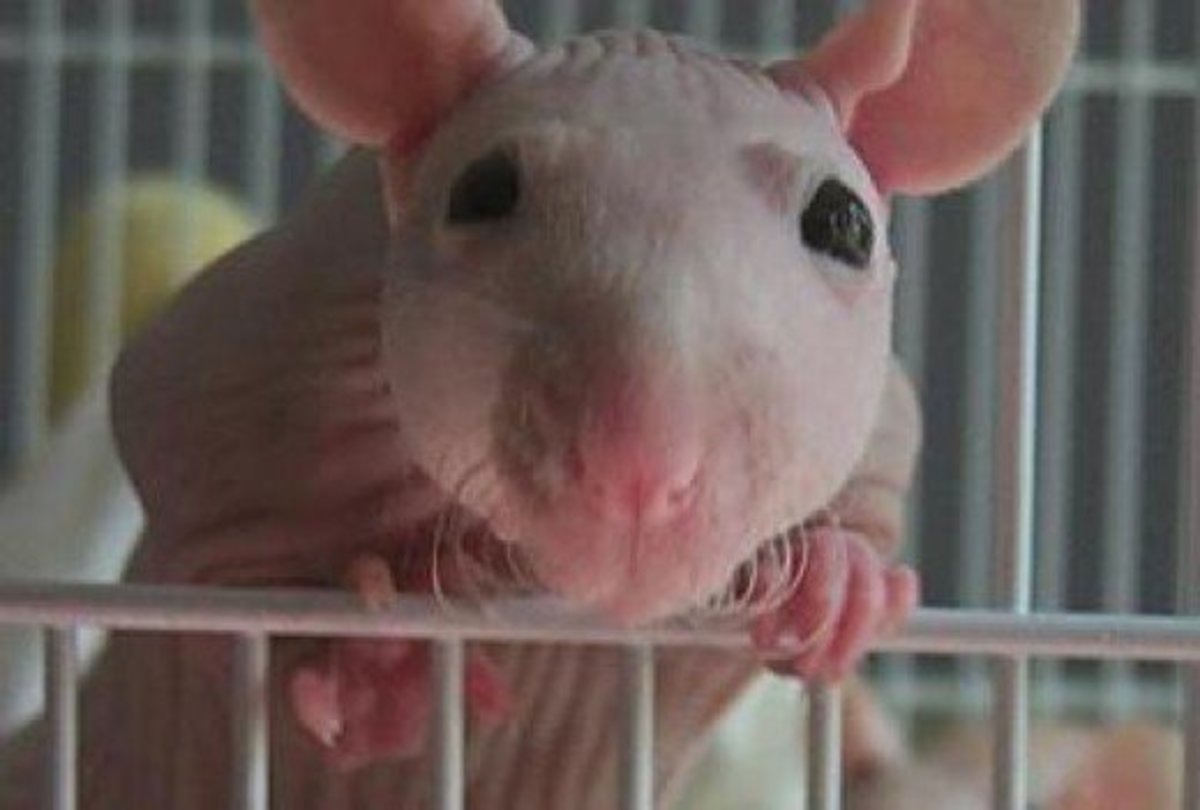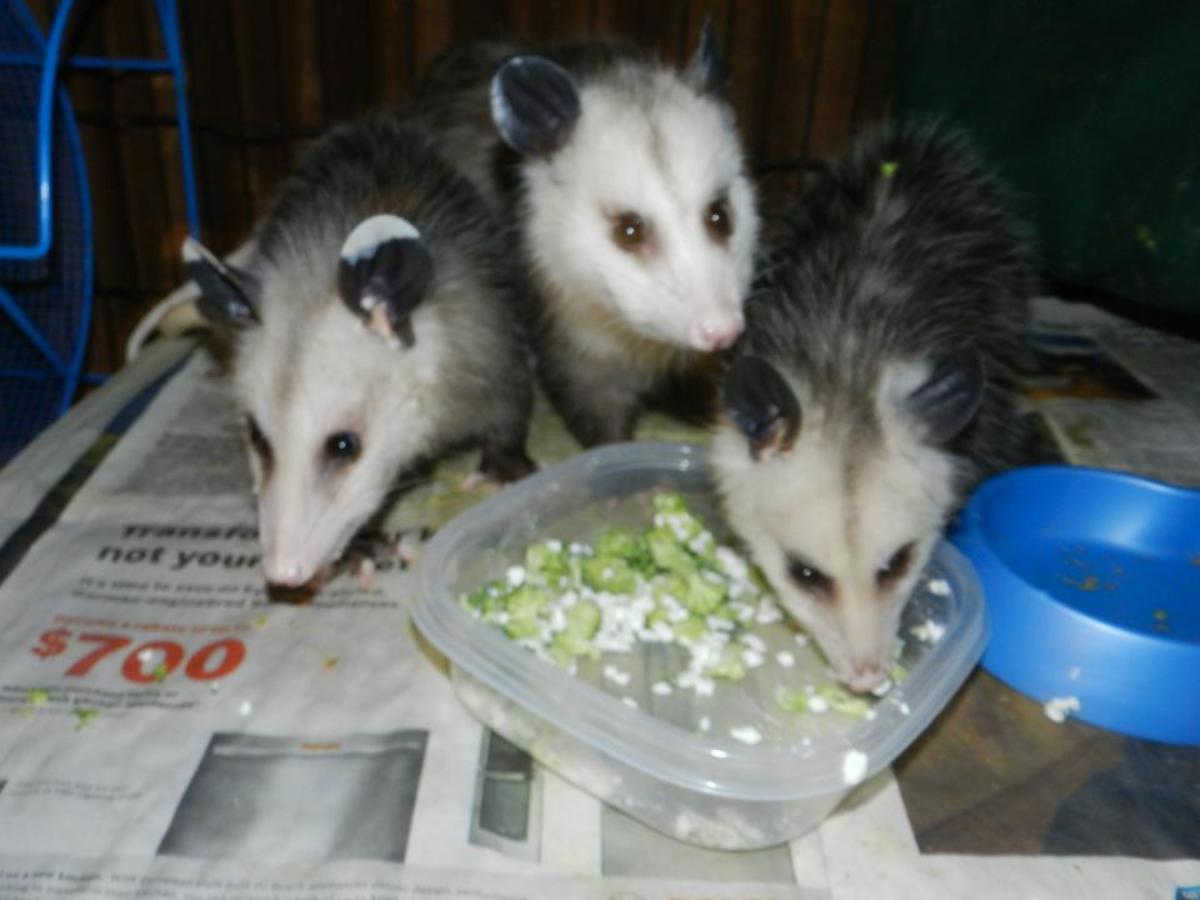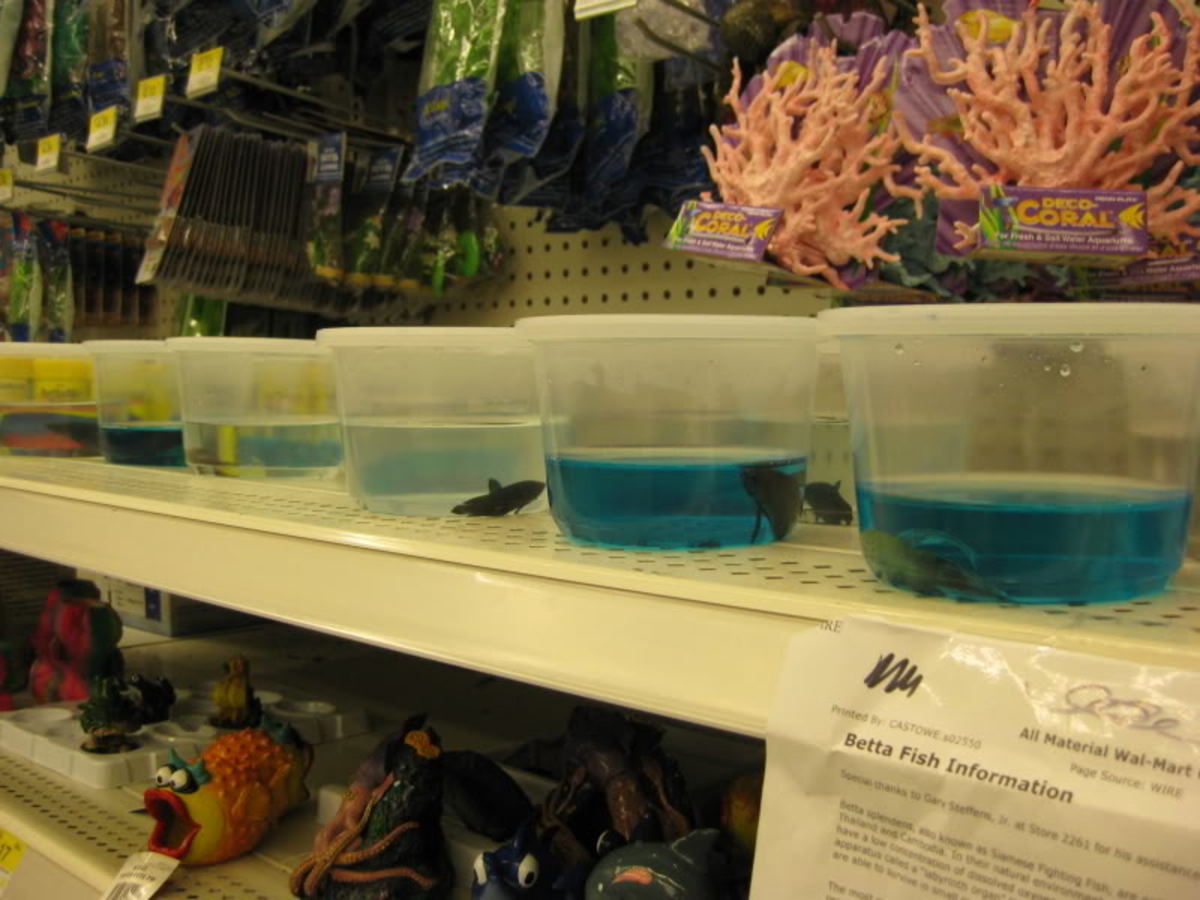Kittens - Furry blobs that dig their claws into your heart!

"There are two means of refuge from the misery of life - music and cats."
— Albert SchweitzerWhy Have a Kitten ?
Kittens are soft, fluffy, heart-stealers. A group of young broad-chested males were easily won over just by holding a couple of young kittens.
There are many sources that speak of the fact that owning pets is good for our health and can decrease the occurrence of high blood pressure and other illnesses. The Heart Association is one and others cite plenty of valid reasons
Kittens are fun-filled baby-cats for a few months, but by around 9 months or so, they are in their mid-teens. Full of life and excitement, ready to experiment with adult ‘toys’ if they can get away with it.
That is when you have to ensure that the boys are kept in check and the girls are protected from getting “themselves into trouble”!!
No, I have not lost my senses. We are talking about cats here, not children. But then many Ailurophiles – cat lovers- think of their pet as a furry child! It is important that you are on guard and that your kittens do not procreate at this stage. It is not good for their health and safety. At around the 9 month mark, they are only around 13 years old in human terms and it is definitely not an ideal time for them to be engaged in sexual activity.. Unless you know that you can keep them from wandering, then it is best to have them neutered [or spayed] early.
Men Don't Like Cats. Or Do They?

What Do I Feed it and When?
Give them a chance to grow into healthy adults. A good way to help them develop into healthy and happy cats is TLC, spending some playing, loving time, with them. Cats will respond to any tender care. Cats are clever and very affectionate. When cats seem aloof, it is because the "humum " in their life has not had time for them. They still cope, but are not at their best.
How else can you help them avoid many vet visits later on? Give them a good diet.
Growing into healthy Adult Cats
- You can choose a high quality balanced commercial kitten food that is appropriate for the life stage and health status of your kitten. Give it a variety to retain good appetite and to have a better chance of covering all the dietary requirements.
- You can give your kitten one or two wet [canned] meals in a day and the rest in good quality biscuits which will get it used to crunchy bits, and to keep tartar on the teeth at bay.
- You may prefer to feed natural foods that include raw meat such as diced up raw lamb meat, pieces of raw chicken meat. Not too much raw meat under the age of 4-5 months as this might lead to nutritional deficiencies.
- Some products made with pet meat and bones, can contain preservatives that can be detrimental to the kitten's health, so it is best to choose human-grade raw mince and bones.e.g. Sulphite preservative can induce a deficiency of thiamine and this can be fatal .[ Sulphite is also used in sausage meat and cooked manufactured meats, but the proportionate dosage can be catastrophic to the small creature.]
- Their permanent teeth develop around 12 weeks of age. Give them something to chew on to encourage healthy teeth and gums. Raw meaty bones like chicken necks and wings [raw] are good for that.
A healthy diet is the foundation for a healthy cat. That is good for the cat and makes monetary sense for you, it’s owner.
Cats are smarter than dogs. You can't get eight cats to pull a sled through snow. "
— -Jeff Valdez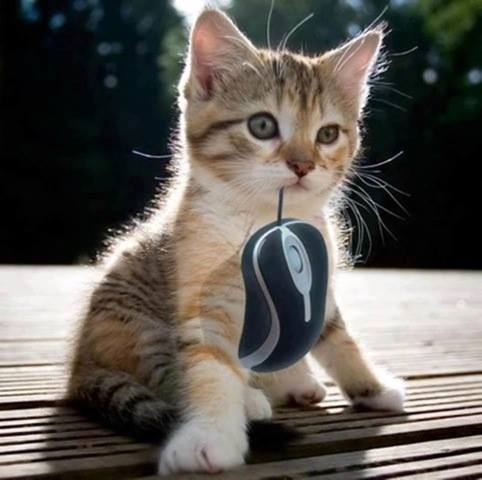
Why Did You Get a Kitten?
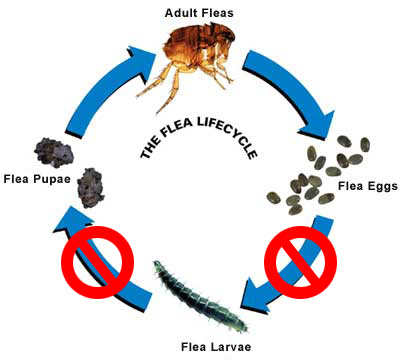
Keeping Fleas, and Ticks at Bay.
Cats that used to live in the wild would have picked up all sorts of diseases. They would then cope as best as they could, and eventually die, unknown and unlamented. It is estimated that they live between 3-5 years as against some 15-17 years for an inside cat. Many cats still live out there, like when a kitten was brought home for all the wrong reasons, then “let go” when the owner lost interest.
But not your kitten. Your kitten will grow up to be a loving, amusing companion that waits for you each day, no matter what time you arrive home, and greets you enthusiastically. You might even have fun teaching it all sorts of weird and wonderful tricks as Didga’s owner did! But more of that later.
At this point in its life you, as its "humum'’ [male or female can be a "humum" ] will need to be aware of diseases that can plague your cat; some may even prove fatal.
It is important that you take your kitten to a Vet of your choice, to give it a first checkup, administer whatever shots are necessary, to have the kitten registered and chipped [in case it gets lost] and to get customized advice if required. He will advise you about worming, when to start and how often to do that. Usually one can buy tablets or paste from a pet-store or even in the pet section of the supermarket.
The vet will no doubt advise you to guard the kitten from fleas, ticks, worms. All these bugs will do your kitten much harm, externally or internally. You need to do some research to decide which type you prefer to use on your pet.
What if your kitten is barely six weeks old? Is it safe to use chemicals, you might ask?
That kitten is like a tiny baby. Small and easily damaged, but it is important to get rid of the fleas as these can give it anemia, which can give rise to other diseases and can be fatal.
If you have a mother with kittens or if you have other cats or dogs in the house you will need to treat all of them and also to get rid of any flea eggs in the house if the treatment is going to be effective. Be aware that there are times of the year when fleas can be on your lawn, and your pet will easily become a mobile meal for them. That is when an anti-flea product is so helpful.
Once pets and house are free of fleas, you can treat the kitten. After that keep your floors vacuumed, to pick up any stray fleas or flea eggs, and keep a check on it daily to remove any that it picks up again. Once cleaned up, it should not have too many and in a few weeks' time you can dose it with a safe anti-flea and say goodbye to fleas forever.
A female flea lays eggs on one of your pets, which can and will at times, drop onto your floors, carpet and lawns.The Larvae will hatch within 3 days and can remain dormant for up to 6 months. So, for example if you have had another pet that died, you may assume that your house is free of the blighters. Little kitten comes along, and the fleas hatches and says “yippee, mobile food” and immediately starts its first blood-meal.
If this is happening in your household and the kitten is still too young to be treated chemically, then the answer is to wash the kitten and comb out the fleas.
Kittens can be a handful and they can scratch and bite with the best of them, but if you plan this, the bath time can be short and if you have someone else who can give you a hand, then it will be painless. What is more, a bath at this time may be useful to get the kitten used it. Not all cats hate water. Some of them love it. Nature or Nurture? Nurture has a very strong influence, and you can ensure that you give it the best chance to help you out in the future.
Ticks are unlikely on such a young cat if it lives inside. If you see see something that looks like a small ball stuck on to the kitten's skin - very often in the warm moist areas - do NOT just pull it out. You need to ensure it is removed correctly or it could kill your lovely playmate. This site [see below right] explains much in that area
If You Find Something Like This. . . .
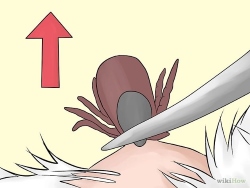
Remove Ticks Safely
Click the link under the image at right to find out much more about Ticks.
You can buy a Tick Remover for little money.
It is a small plastic tool that will pull out the head.
If you leave the head behind, it can make your Kitty very ill indeed.
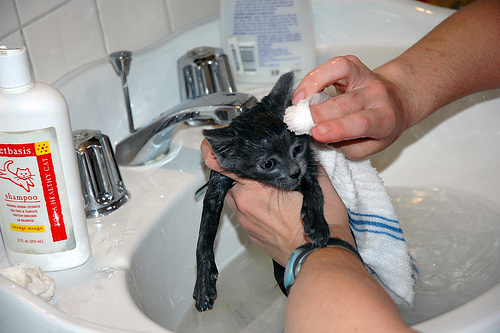
Bathing Your Kitten for the Very First Time.
Kitty’s first bath is an important milestone, so you will need to make the preparations and plan it if you want it to be a great success.
Keep in mind that anything new can be alarming to a kitten, so you need to have the time and to be patient and gentle with it. Pushing it into the water because you can, will mean trouble when it is older and more able to fight back.
It will save your back if you can do this at a height that suits you. A sink would be ideal, but if this is not possible, then a plastic basin set on a counter and not far from a tap will also do.
You will also need –
- Time and patience to make this easy and successful for you both.
- Soft cloth to use as a face-cloth, and a couple of cotton balls for the eyes.
- Kitten shampoo, or No tears baby shampoo.
- Old towels for afterwards.
- Warm – just over blood heat. Use your elbow to test.
- Rubber mat for the sink – will make it easier for you.
- Flea comb – cheap to buy, or a child’s nit comb.
- Vaseline jelly – to keep the fleas from escaping
- An old container with some hot water – to drop the fleas in.
- A couple of the kitten’s favourite treats – small.
- If there is someone else in the house, you can place your order for a cuppa for after kitten’s bath-time.
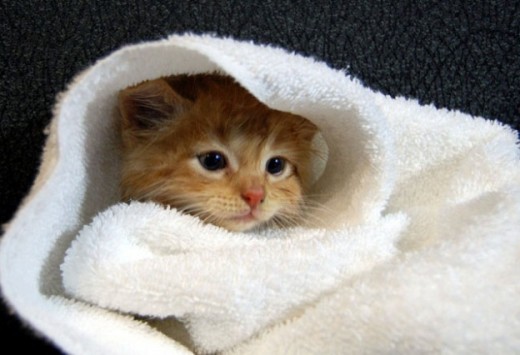
Zorro Has the Choice of Bed Space.
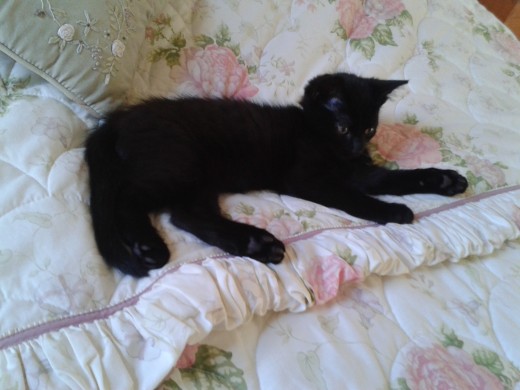
Kittens do not need to be washed often. If necessary, just use a wet flannel and a dry towel and give it a lap bath and a bath now and then is enough.
If it has fleas, then it has to be the full monty.
Bubbie Bath-Time.
Fill up with water that is warm, just over blood heat is the least alarming to the kitten.
Hold kitten in one hand and slowly lower it into neck-deep water. Wipe its face and head with the facecloth, wet enough to soak the fur. Rub some soap into the rest of the body – if necessary bring him out onto a folded towel, so you can have two hands free. Gently massage the soap on its body and around his neck, ears, face, head and below its chin, being terribly careful to not get soap in his eyes.
Talk to it gently to keep it calm. If it gets very stressed, wrap it in a towel and hold it for a while. When it calms down, check that water and immerse him again.
Work in the soapy water all over, including around his neck, around [but NOT in] his ears, under armpits [where fleas love to shed eggs] but then finish with following the direction of the fur as you clean.
If you can manage to change the water now would be the time to do so. Place it back within the water for a rinse. If it's not fighting and stressed, try to keep his body submerged (with its head on top of the water of course) for a couple of minutes. If it's clawing you get the task over and through with, as quickly as you can make it.
When all soap is gone, place it on the first towel and rub him gently. It will in time roll on its back and let you rub and play with it, no doubt, but for the first bath time, let it have the security of sitting on its four paws.
When it is dry-ish, place it on the other towel and use the flea comb so long as the kitten is not sitting in a draughty or cold place. You need to keep it warm until bone dry.
Smear a little bit of Vaseline jelly across the tips of the comb, to trap the fleas and then drop them in that old can full of hot water. The hot water will ensure they do not jump out and start again!
If you find it hard to nail an errant flea, put a dab of Vaseline on the tip of your finger and run it through the area the flea is in. It will hold it still enough for you to pick.
Now, with Kitten dry and warm, and smelling like roses, give it a tiny treat or two, and preferably spend a little time playing with it. It will save you much time during bath times later!
You may not want to make a fuss over the tiny scratches from your tiny kitten. It is important to clean them thoroughly, and wipe them with antiseptic. Bandage if required and keep them clean until they heal.
Next step will be Toilet Training. Training for it to keep the house rules that you set. Not at all difficult if you do it early.
Vaseline to get rid of the Jumpers.
Tip: Have some Vaseline jam close by. On the off chance that you see a bug on your little cat spot the insect with a blob of Vaseline jam. This will immobilize the insect and will make it simpler for you to get it and expel it from your little cat.
Didga A Very Clever Aussie Cat.
Thank you for stopping by.
Enjoy your furry new friend. Fill in the poll and see what others have voted.
by MarieLB

